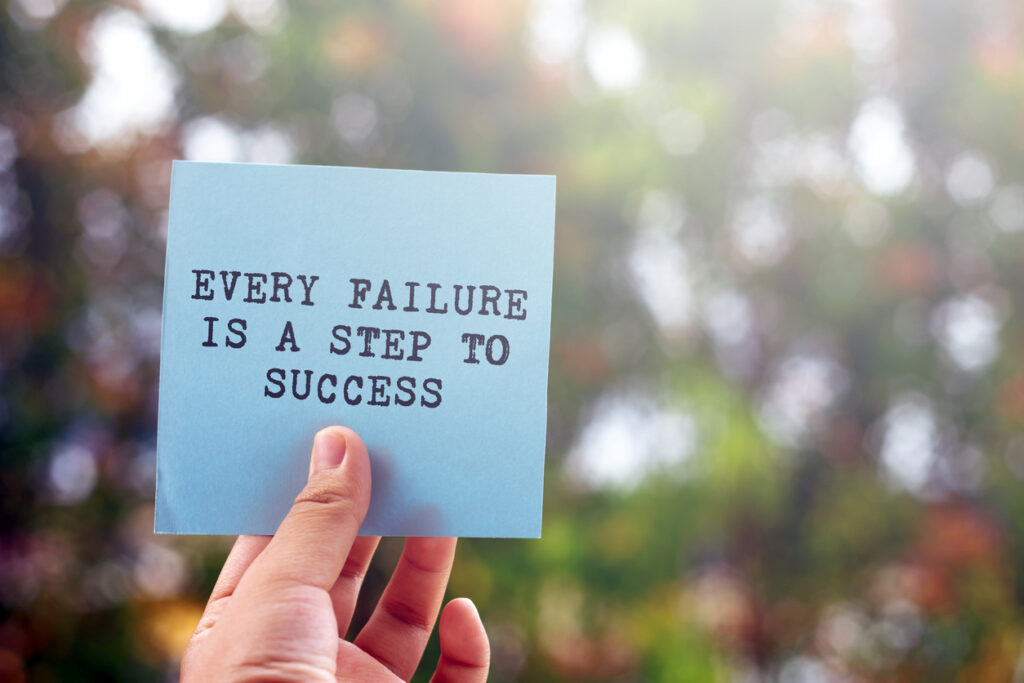“Rethinking the MBA: Business Education at a Crossroads” (by Srikant M. Datar, David A. Garvin, and Patrick Cullen; Harvard Business Press) is an examination of the flaws in how America educates its business leaders.
A key weakness is overemphasizing quantitative and theoretical analysis (book smarts) at the expense of common sense skepticism and respect for the dangers of taking risks with other people’s money (street smarts).
In the wake of the meltdown of the American economy, many critics rightly “question whether business schools do a good job of alerting students to the imperfections and incompleteness of the models and frameworks they teach.”
Vital topics frequently overlooked in an MBA’s education are generally in applied areas such as risk management, behavior of complex systems, design of compensation systems, internal governance, socially responsible leadership, and the inherent limitations of mathematical models.
The authors also report that many students are “overly confident of their abilities.”
This in spite of the fact that the time spent actually learning has declined alarmingly: one institution recorded a decline from 50 hours a week in 1975 to 30 hours a week in 2003-2004: “Rather than devoting themselves to academics, students were spending increasing amounts of time networking, attending recruiting events, planning club events and pursuing the best possible job.”
As a bootstrap entrepreneur on a shoestring budget, I operated on a razor’s edge of fear for many years. Lacking deep corporate coffers to bail me out, risk management was second nature. Only back then it was more fear management. Fear of failure, fear of going broke. “What if I’m wrong?” was a constant refrain in my thoughts. I trusted no model, no third-party assurances were accepted without full verification. I vetted and triple-checked everything.
Failure can be a valuable learning experience.
A healthy dose of skepticism, a visceral understanding of how frequently the law of unintended consequences kicks in, a deep concern for the downside, a distrust of easy answers and quickie solutions: these can be more valuable business assets than the best MBA education.





